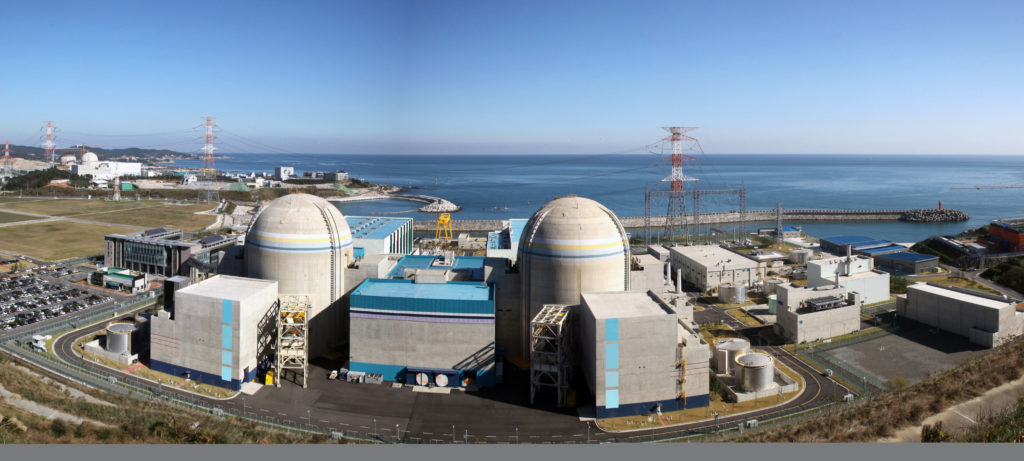The Peninsula
Public Doubts around the Government’s Approach to Nuclear Power

What Happened
- Nuclear reactor at Wolsong-1 was closed earlier than expected after the government claimed that the reactor was not economically efficient.
- The National Assembly commissioned an audit to verify the shut-down process after lawmakers argued that an early closure was initiated despite lack of sufficient evidence.
- Although the Board of Audit and Inspection (BAI) was required to submit a final report within five months, the BAI delayed the submission several times as auditors faced difficulties in producing a unanimous conclusion on the report’s findings.
Implications: The discussion around the domestic nuclear power program raises questions on whether the government prioritizes its policy platform above economic realities. Because President Moon Jae-in came into office in 2017 with a promise to gradually phase out nuclear power plants, various voices now question whether Wolsong-1 was shuttered based on false pretenses to fulfill that election pledge. Suspicions were intensified by the head auditor’s claim that officials at the Ministry of Trade, Industry and Energy erased key documents. Some ruling party members also confirmed that drafts of the audit report affirmed the economic viability of nuclear energy.
Context:The South Korean government is also under severe constraints due to the growing financial burden of energy generation. Last year, public utility provider Korea Electric Power (KEPCO) faced a backlash after hinting that it might raise household electricity rates. The administration may face heavier criticism if the growing operational deficit at KEPCO is attributed to the government’s decision to phase out nuclear power plants. Taiwan currently faces a similar struggle with South Korea, weighing the merits of economic efficiency versus heightened safety concerns following the 2011 accident at the Fukushima Daiichi nuclear power plant.
This briefing comes from Korea View, a weekly newsletter published by the Korea Economic Institute. Korea View aims to cover developments that reveal trends on the Korean Peninsula but receive little attention in the United States. If you would like to sign up, please find the online form here.
Korea View was edited by Yong Kwon with the help of Sophie Joo, Sonia Kim, and Chris Lee. Picture from the flickr account of the IAEA
